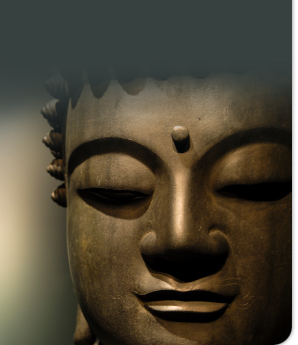What is Qigong?
What is Qigong?
Qi in Chinese means ‘breath” or “energy.” Gong is “movement” or “exercise.” By observing the movements of animals, the seasonal and agricultural rhythms of nature, the planets and stars, and everyday human activities, the early Chinese created the system of qigong: breathing and moving exercises and meditations to improve health and calm the mind.
Qigong can be divided into 4 categories:
1) Medical qigong for health and healing
2) Scholar qigong to calm and train the mind
3) Martial arts qigong for physical strength and performance
4) Religious qigong for spiritual attainment
The History of Qigong
Qigong has developed over the past 4000 years into an art and science. Practitioners cultivate an energy that corresponds with the greater energy of the universe. When practicing, they resonated with the dynamic flow of the universe to receive its power, its healing energy and its wisdom. Their goal was to increase longevity, create social and political harmony and attain spiritual enlightenment.
This practice had been kept secret for a very long time. During President Nixon’s 1972 trip to China, the use of acupuncture for anesthesia during major heart surgery became a major news story. This led to a greater awareness and practice of qigong in the West.
Today there now are unparalleled opportunities to study and practice qigong.
The Practice of Qigong:
Qigong is a complex and nuanced art. The more you study and practice, the more you gain. As every student comes with their own unique set of circumstances, abilities and goals, the course of study is necessarily individualized, but as a general rule, the practice progresses this way:
Begin With The Body
We begin with medical qigong that deals specifically and systematically with the organs and aspects of the body/mind/spirit connection.
Introductory practices combine stretching, meditative breathing and dance-like movements that are easy to do by people of all ages and levels of experience and health. These practices generate a flow of energy or qi throughout the body to detoxify and strengthen the organs of the body and increase energy. At the same time, the meditative nature of the exercises eliminates stress, a tremendous health benefit in and of itself. With practice, one can prevent illness and possibly overcome chronic health problems.
Move To The Mind
With a physically vibrant and healthy body, one then engages in meditations to calm and control the emotions and bring clarity to the mind. In time, one creates a supremely healthy and harmonious body/mind/spirit.
This produces efficiency within one’s life. You can use less energy to produce the same or even greater results in your daily endeavors. Conserving energy is fundamental to both overall health and longevity. Disciplined practitioners can expect to add decades of high quality time to their expected lifespan.
The Spirit
It is the nature of Qigong that through diligent practice, a deeper part of your intuition reveals itself and makes it clear to you what your higher purpose is in life. Now you view reality in terms of the “bigger picture,” your place in it, and the importance of love, compassion and service to humanity.
The Tao is the ultimate reality and flow of life that encompasses this larger view. A Taoist is a practitioner of these arts and is said to have entered the Tao or the Way. The additional ten to twenty years of life that qigong practitioners enjoy allows them to follow that higher purpose and fulfill his or her destiny in this lifetime.







